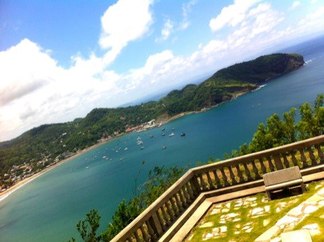
Unfortunately, that’s not how it works. Not even a little bit.
It’s been three years after I hit the reset button on my life, walking away from my comfortable existence as a businessman in California. I sold or donated all of my possessions and moving down to Costa Rica to live by the beach, bringing nothing but a laptop and a surfboard, to chase my dream of being a writer.
Now, two books and thousands of written pages later, the secret to success has been magically revealed to me:
Hard work.
I know, not as exciting as I hoped for, but there it is. Scratching out a living penning words isn’t as much about being a WRITER, as it is about WRITING. Author Mary Heaton said it best:
“The art of writing is the art of applying the seat of the pants to the seat of the chair.”
In fact, most great writers have dedicated everything they had to the craft – and then more. They chose a life of self-imposed poverty, isolated hard work, and even ostracism from “polite” society to pursue their passion (though I believe polite society is overrated). It’s about putting in their 10,000 hours, as Macklemore raps, and then some, because they love their art so much they can’t NOT write.
The collateral damage includes comfort, safety, material gain, friendships, relationships, and even sanity.
“There’s nothing to writing. All you do is sit down at a typewriter and open a vein.” Ernest Hemingway.
Even though it was my lifelong dream to be a WRITER, all of that hard work didn’t sound so fun to me. Couldn’t I just skip ahead to the good parts? Still, I devised a three-year plan to lead me to the promise land of literary greatness and financial gain. Here it is:
My Three-Year plan:
- 1. Do it.
- 2. Do it well.
- 3. Do it over and over, and monetize it.
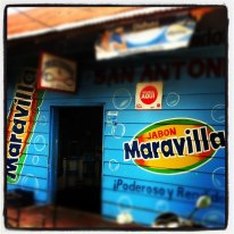
“Write without pay until somebody offers pay; if nobody offers within three years, sawing wood is what you were intended for.” Mark Twain.
Writing that first book was an exhausting, scrambling process, about as far from my comfort zone as I’ve ever been. At times I didn’t think I was going to make it, or make it out of there in once piece. It was committing my soul to the page only to be trampled, documenting my ridiculous humanity for all the world to laugh at. I rushed at the wrong times, lost steam when I needed it most, and generally made every mistake I could. But, from some small miracle, the book still came out entertaining enough to pick up.
“Writing a book is a horrible, exhausting struggle, like a long bout of some painful illness. One would never undertake such a thing if one were not driven on by some demon whom one can neither resist nor understand.” George Orwell.
The second year of my three-year plan was ‘doing it well.’ I actually had two choices here. Upon releasing their first book, most authors focus on selling books. They become expert marketers, and that is where they focus all of their attention. I totally understand that inclination, but standing at that crossroads, I chose a different path. I would focus on learning my craft. Sales be damned, I was going to invest all of my work and focus into becoming the best writer I could be.
“To gain your own voice, you have to forget about having it heard.”
Allen Ginsberg.
I eschewed any chance of profit with the first book and instead moved up the coast from Costa Rica, to the charming fishing town of San Juan del Sur, Nicaragua to write. I sequestered myself in a cheap apartment in a local barrio, dirt alleys in the jungle living in the midst of stray dogs and roosters and the local people who made $2 a day. I was scared at first, in a third world country where some people were desperate just to eat, and many a night I slept beside a machete or carried a knife in my backpack.
“How vain it is to sit down to write when you have not stood up to live.” Henry David Thoreau.
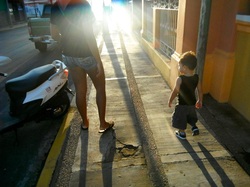
“Talent in cheaper than table salt. What separates the talented individual from the successful one is a lot of hard work.” Stephen King.
I did two things for those six months: I read, and I wrote. I read everything I could find ABOUT writing; character development, theme, conflict, dialogue, emotion, etc. There was no place to buy books, so I Googled these topics and read every article I could find, and then when I’d exhausted those someone brought me down a Kindle, so I could download books about writing. Pretty soon I’d read all of those, so I started reading biographies of writers.
Do you know what the common theme was? Hard work. Writers write a lot, and when they aren’t writing they read a lot, and that’s how they get better.
“If you can’t create, you can work.” Henry Miller.
So I wrote, too. Every morning I woke up at dawn (Ok, I woke up at 2 a.m. when the roosters and stray dogs started in, but I went back to sleep) and brewed some locally-grown coffee, splashed it with Baileys, and sat down at my desk, just about the time a clunky pickup truck rolled through the barrio, selling freshly-picked mangos and bananas.
“I write when I’m inspired, and I see to it that I’m inspired to write at 9 o’clock every morning.” Peter De Vries.
I put on my headphones and cranked some dancehall reggae or Michael Franti or Citizen Cope, and I wrote. It didn’t matter WHAT I wrote, I just unleashed whatever was in my subconscious without letting my mind get in the way. My fingers flew around with a life of their own, blurring with the speed of a DJ spinning records.
“Through joy and through sorrow, I wrote. Through hunger and through thirst, I wrote. Through good report and through ill report, I wrote. Through sunshine and through moonshine, I wrote. What I wrote it is unnecessary to say.” Edgar A. Poe.

“You never have to change anything you got up in the middle of the night to write.” Saul Bellow.
And then on August 1, the walls of my house in the barrio shook side to side and dishes fell as a huge earthquake rocked the town. Church bells tolled for everyone to evacuate because of an imminent tsunami, but to me it was a signal to start the first chapter. So I wrote. Three months later, when the school kids were lighting fireworks in the streets for Dia de Indepencia, my manuscript for South of Normal, was done, 1,000 pages of sunshine and snake pits.
But there was no time to pat myself on the back, because that’s when the REAL work began – rewriting and editing. So I put my head down and got busy, once again.
“The way you define yourself as a writer is that you write every time you have a free minute. If you didn't behave that way you would never do anything.” John Irving.
Soon, everyone in town knew me, and Panda was so big and strong he was pulling ME when we strolled the cobbled streets. The abuelitas, grandmothers, in their rocking chairs on the front porch waved to me and wished me God’s blessing, and all of the little kids begged to take Panda to the beach.
“Como esta su libro?” they would ask - how is your book? - for word got out that I was a writer.
My last week before leaving Nicaragua our little town was infested with rich vacationers from Managua. The parties and fireworks went off all night, every night, but I had work to do. So I took Panda to the ferry and cruised over to Ometepe, cajoining islands in the middle of Lake Nicaragua, one of the only places on earth with fresh water sharks. Each island had an active volcano rising steeply from its center, and the beaches were jet black volcanic sand like crushed moonstone. Panda ran and played and I kept working.
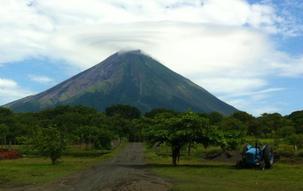
“So you want to be a writer? Unless is comes out of your soul like a rocket, unless being still would drive you to madness or suicide or murder, don’t do it. Unless the sun inside you is burning you’re gut, don’t do it.” Charles Bukowski.
My last night in town I threw a big party for the wonderful people in my barrio as a thank you, a pig roast at the very top of the hill by the town’s water tank. All of the mothers cooked and the children gave me gifts. The power went out so the DJ couldn’t play and it was dark, but we took out flashlights and someone turned on their car stereo. And then it started pouring rain but we didn’t care – we danced and hugged each other and celebrated life.
“Suertes,” they said - good luck, and I finally realized - those people, the same one's I feared at first, had been keeping ME safe the whole time, watching out for me. I handed the children Panda’s leash and he wagged. He was a San Juan del Sur dog, and would be happiest running on the beach with them.
In some ways I think that was the best part of my life, because down there I left behind the romance of being a WRITER, and instead, fell in love with WRITING itself.
I’m happy with the choice I made, to focus mastering my craft instead of becoming a pesky promoter interested only in sales. And I am happy with my book, South of Normal, because, although flawed and deeply imperfect, it is honest, and I gave it everything I had.
“Any man who keeps working is not a failure. He may not be a great writer, but if he applies the old-fashioned virtues of hard, constant labor, he’ll eventually make some kind of career for himself as writer.”
Ray Bradbury.
Now, on the eve of its release, I shift into part three of that supremely important three-year plan: to do it over and over, and monetize it.
This is it, my chance to cash in, to re-enter polite society. I know how to do it - I’ve paid attention to all of the books and articles and blogs and podcasts about promoting yourself, getting attention, landing an agent, and making money. It would be easy for me to invest my precious time here on earth into selling books.
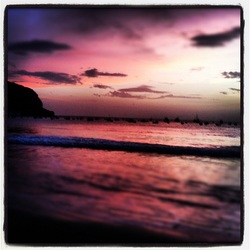
So, if it’s okay with you, I think I’ll change my three-year plan. I think I’ll just relive my second year over and over, stuffing a backpack, heading to the airport, and disappearing once again into that big, wild unknown. I’m thinking that Thailand, Vietnam, or Cambodia sound good, where I’ll look for that tiny little hut on a secluded beach amidst the smiling locals. And in that perfect soulful silence of barking dogs, clacking roosters and the throng of humanity, I will write. And every morning I will stare out at the sea and say “Thank you, thank you. For this beautiful failure, thank you,” and then I’ll sit my ass down and get to work.
-Norm :-)
“How often have I lain beneath rain on a strange roof, thinking of home.” William Faulkner.
Tamarindo, Costa Rica, surf, ski, snowboard, diving, pura vida, Central America, Nicaragua, San Juan del Sur, Amazon best seller, travel, adventure, backpack, hiking, sharks, Endless Summer, Robert August, memoir, fitness journey, globetrotting, perfect beach, paradise, spring break, expat, live abroad, work abroad, summer reading, around the world, great read, humor, laugh out loud, South of Normal, Pushups in the Prayer Room
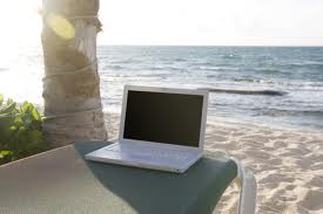
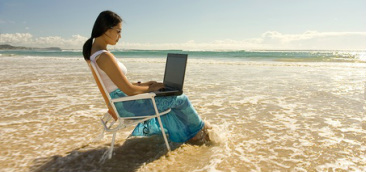
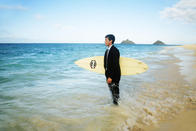
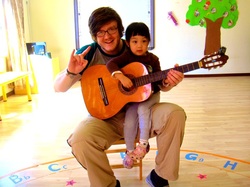
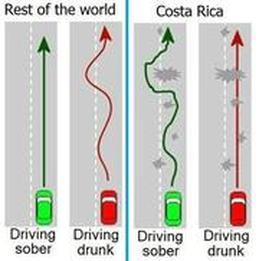

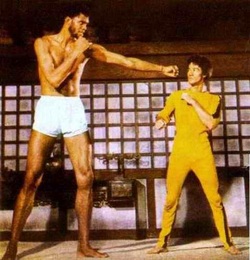

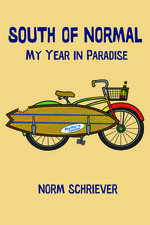
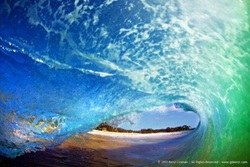
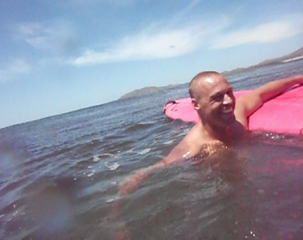
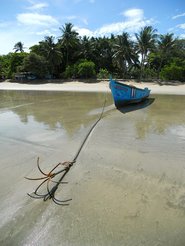

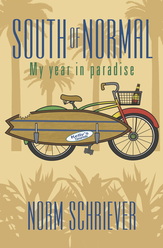

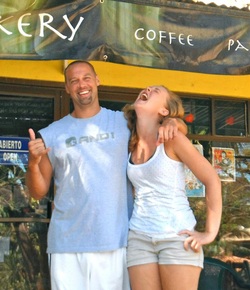
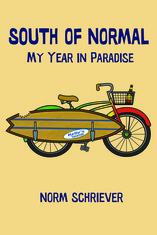
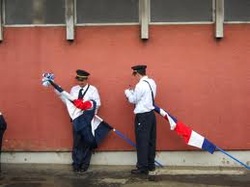
 RSS Feed
RSS Feed